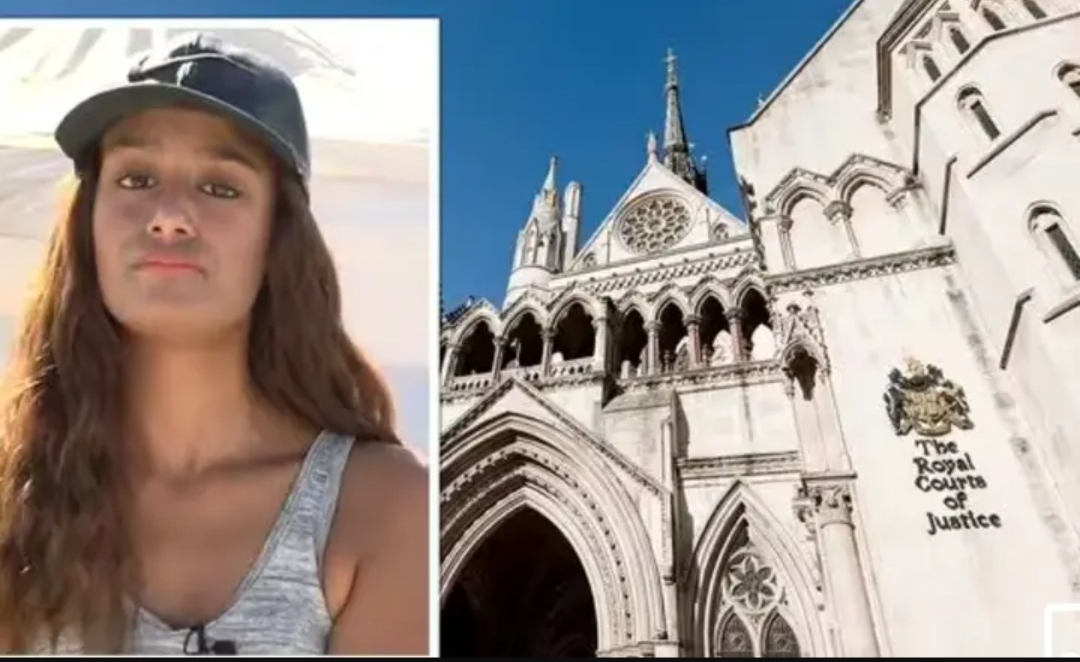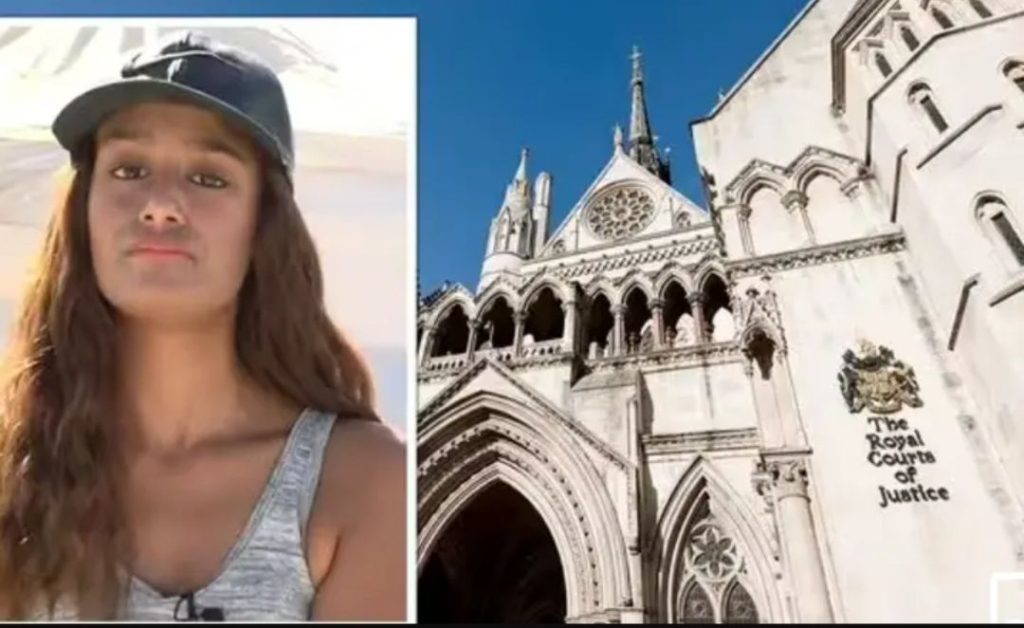
In a significant legal development, Shamima Begum, the British-born woman who left the UK to join ISIS in Syria, has lost her latest appeal to return to the United Kingdom. Begum, now 24 years old, was seeking to overturn a previous ruling that revoked her British citizenship when she was 19 years old.
The Court of Appeal’s decision means that Begum will remain in Syria and has effectively dashed her hopes of returning to the UK as reported by BBC News.

The ruling was delivered by Lady Chief Justice Dame Sue Carr, who acknowledged that while the decision to strip Begum of her citizenship was “harsh,” it was also plausible to argue that she had contributed to her own predicament. Dame Carr emphasized that the court’s role was solely to assess the lawfulness of the deprivation decision, concluding that it was indeed lawful, thus dismissing Begum’s appeal.
Despite this setback, Begum still has the option to appeal through the Supreme Court. However, given the timing, it is unlikely that her case will be heard before the next general election. This latest legal twist prolongs Begum’s tumultuous legal battle and adds another layer of uncertainty to her future.
Begum gained international attention in 2015 when, at the age of just 15, she left the UK to join ISIS in Syria. Four years later, she was discovered in a refugee camp, prompting the British government to revoke her citizenship on national security grounds. Since then, Begum has made repeated attempts to challenge the decision, all of which have thus far been unsuccessful.
During the legal proceedings, Begum’s legal team argued that she had been coerced into traveling to Syria for sexual exploitation. Conversely, the Home Office contended that her decision to join ISIS was voluntary and demonstrated her commitment to aligning with the terrorist organization.
In its judgment, the Court of Appeal underscored the authority of the then Home Secretary, Sajid Javid, to assess whether Begum had been a victim of child trafficking and whether she posed a threat to national security. This ruling affirms the government’s prerogative in matters of citizenship and national security.
In response to the ruling, a lawyer for Begum, Gareth Peirce, indicated that the legal battle is far from over, suggesting that further appeals are likely. Additionally, Maya Foa, the executive director of a non-governmental organization representing Begum, expressed disappointment with the decision and hinted at continued legal action.
The outcome of Begum’s appeal has reignited debates surrounding citizenship, national security, and the rehabilitation of individuals who have been radicalized. As Begum’s legal saga continues, the implications of her case resonate beyond the confines of the courtroom, shaping public discourse on terrorism, extremism, and the responsibilities of citizenship.
As the legal battle unfolds, the fate of Shamima Begum remains uncertain, underscoring the complexities and challenges inherent in addressing the aftermath of radicalization and extremism.




